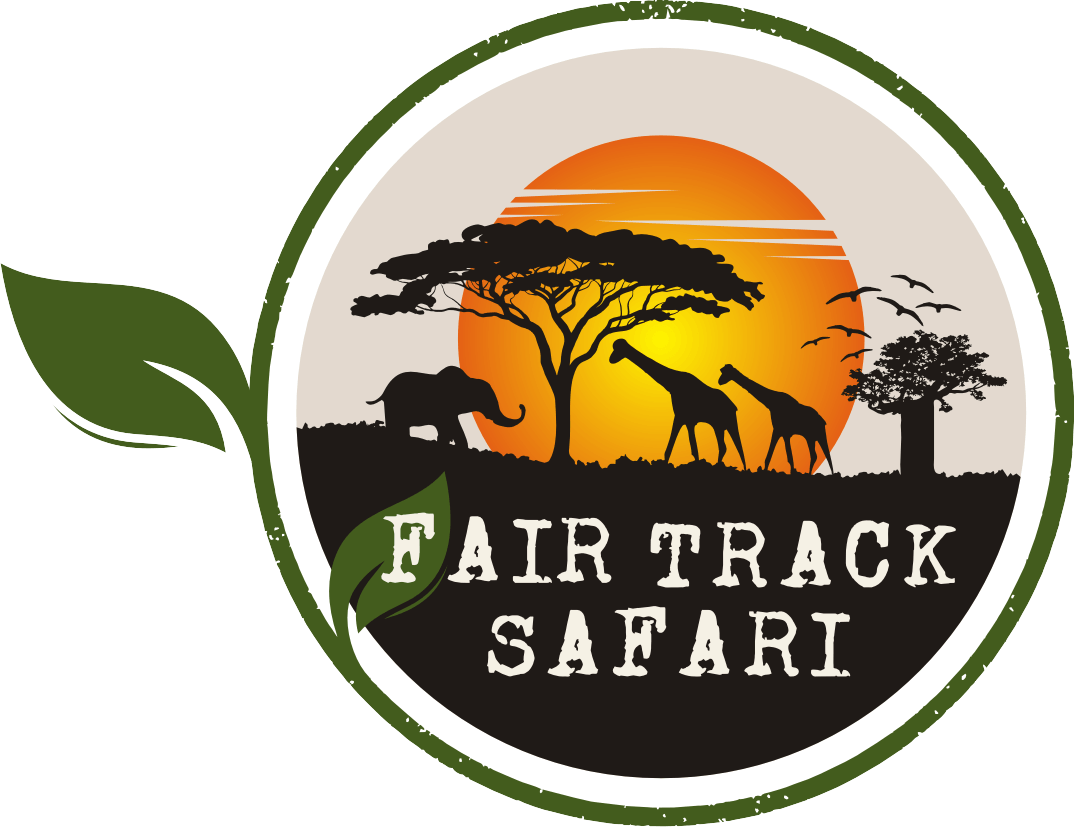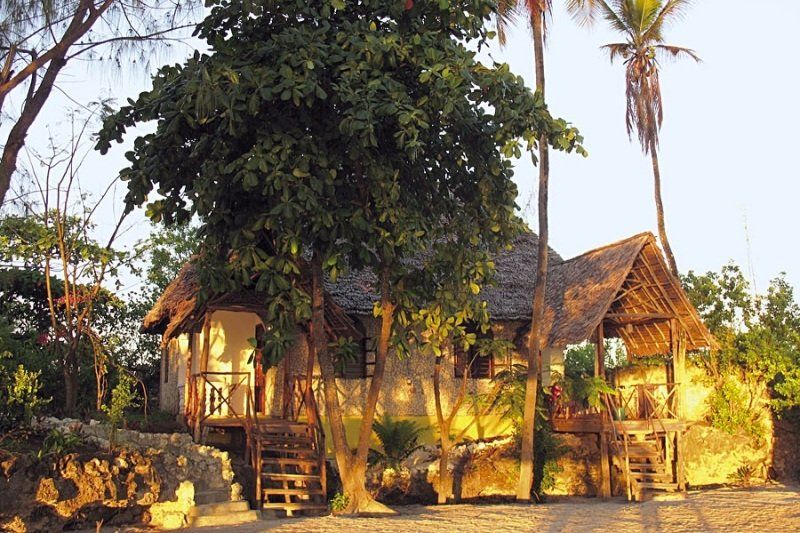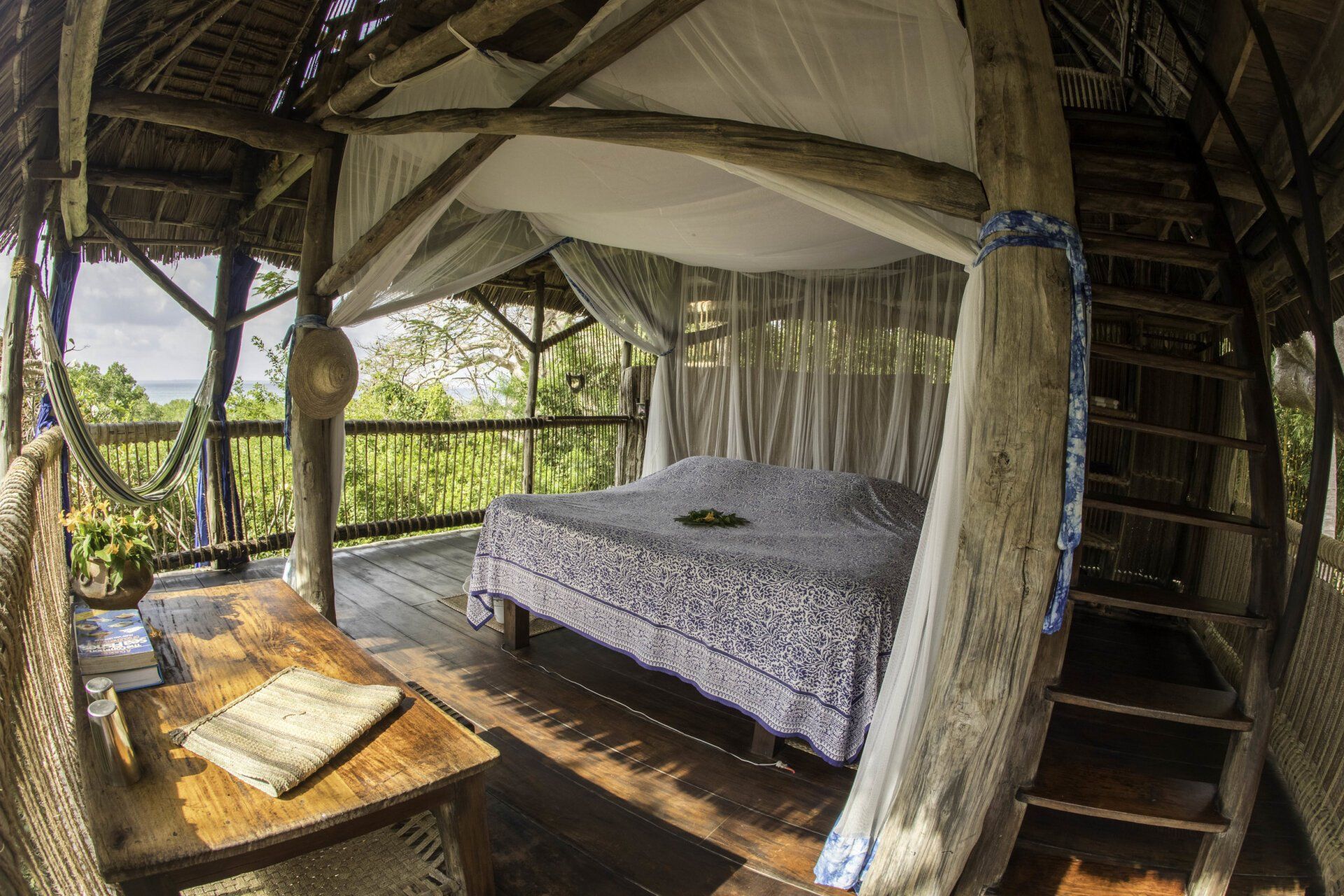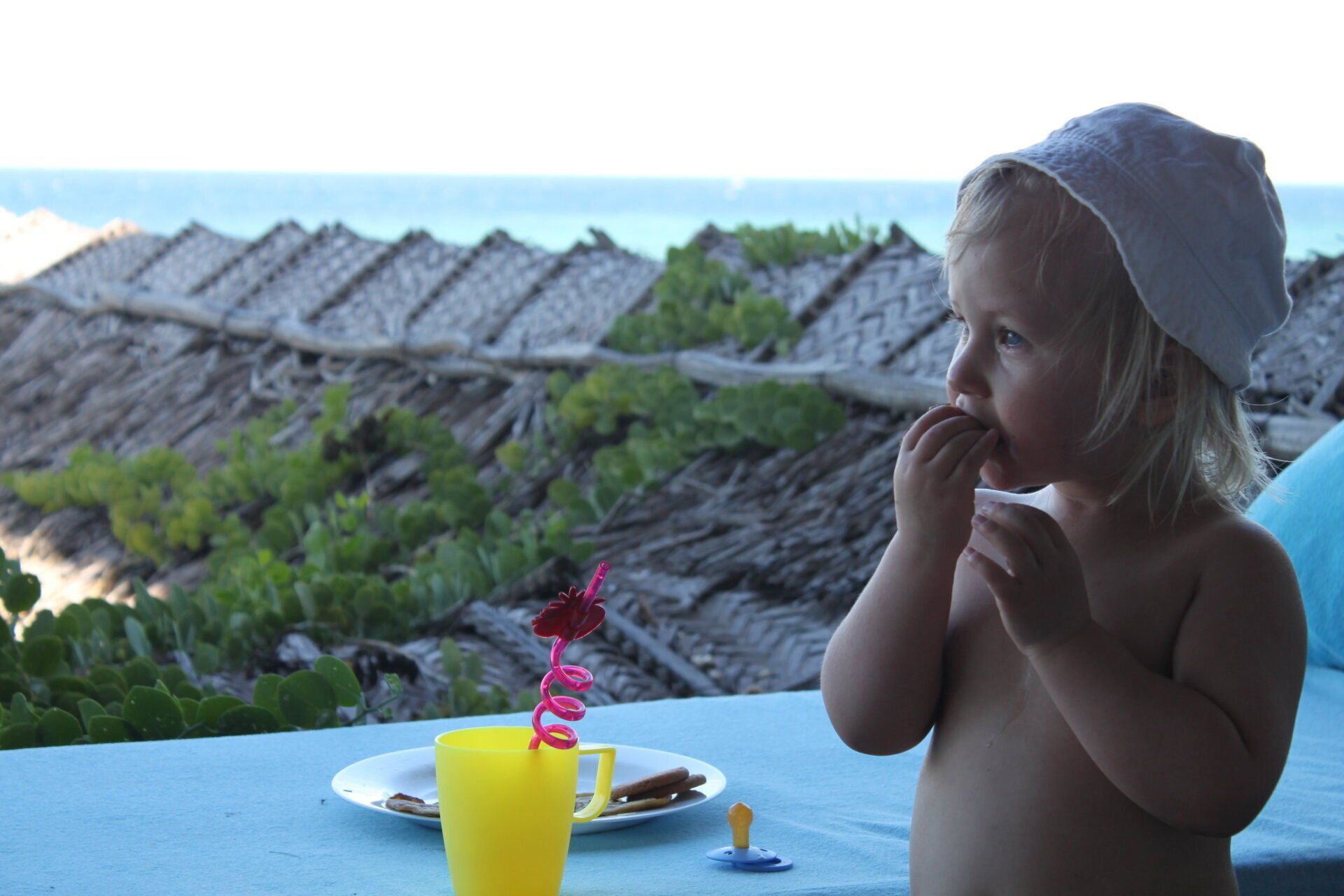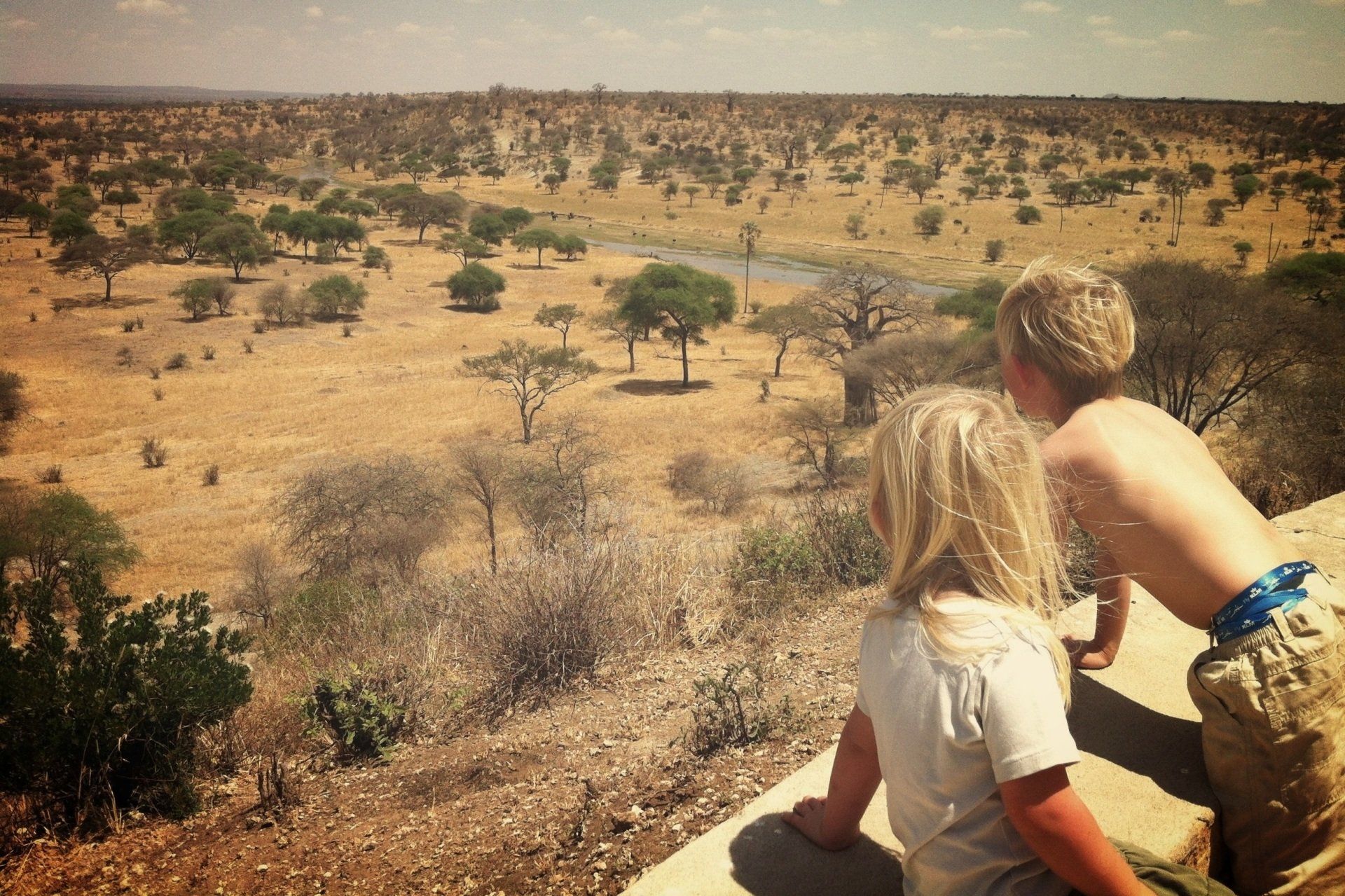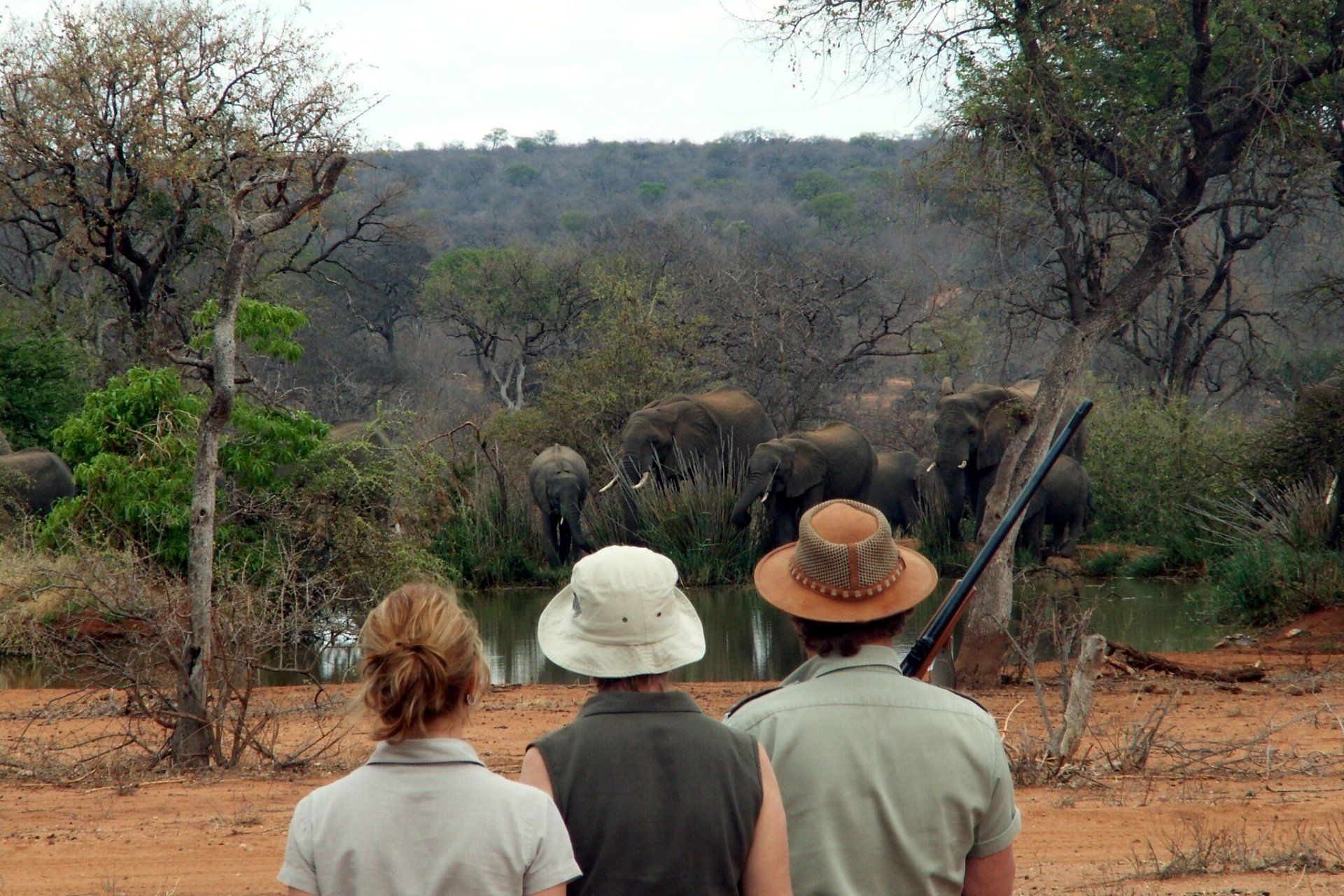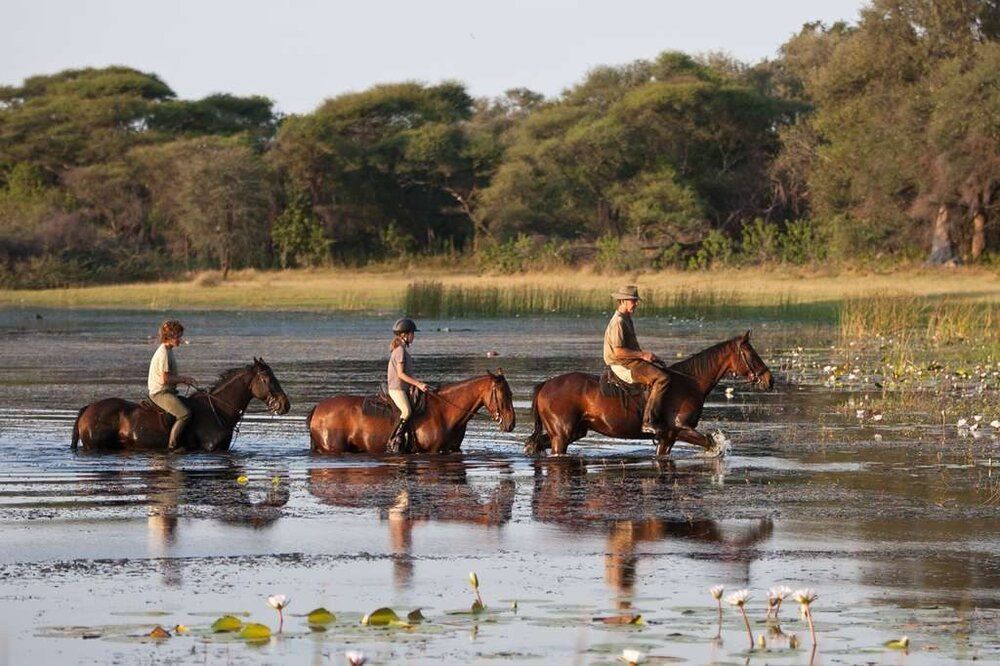Botswana Bush Camping
Home > Travel > Botswana Bush Camping
A student friend from university didn't always have time for his studies - he had started a safari company with a friend. They have been offering exciting camping safari tours in Botswana for over 20 years now. This trip described in this offer is a 14 day trip with 9 nights in a tent and it is obvious to add a few extra days at Victoria Falls when you are in the area. The company also has longer and shorter trips, and it is quick for me to give you an alternative offer. Most trips are organized in such a way that you set up the tent yourself when you set up camp for the night. The tours are perfect for social outdoor people. Luxury consists of cooked fire food, a cold canned beer, the night sounds of Botswana's wild nature, a tub of heated water after a dusty day in the bush. TIA (This Is Africa) - you've got to love it!
If you are a group of friends or a larger family who want a privately arranged trip just for you, this can easily be done. Get a concrete and non-binding offer based on your wishes.
Regardless of whether you book a private safari or join a group tour where you share the car with others, the car will be driven by a professional local English-speaking guide. Their strong four-wheel-drive cars have been converted with many practical details, and the guides' local knowledge of nature is unique.
Non-binding offers are given. Prices vary according to travel season, current flights and number of participants in your travel company.
Below is a detailed daily program of a group tour - it can be booked on selected dates or used for inspiration….
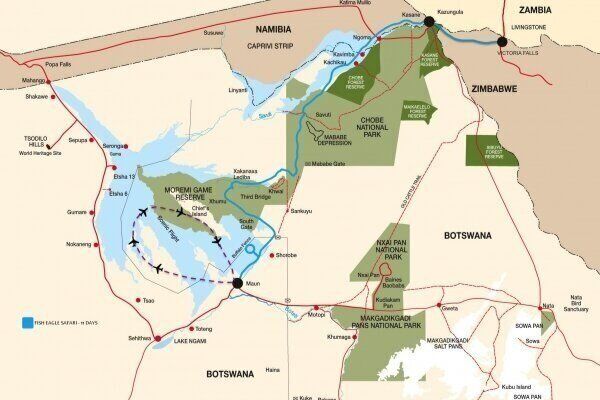
Highlights
- Camping in Africa's wildest nature - Botswana 2 nights in the Okavango Delta on foot and mokoro 3 nights in Moremi Game Reserve 3 nights in Chobe National Park All meals are included on the safari Good local guide who is also your driver Option to buy extra days at Victoria Falls Option to buy excursion to Makgadikgadi before the safariOpportunity to purchase an additional excursion to Victoria FallsOpportunity to purchase an additional flight over the delta before the camping safari starts (this requires an extra night in Maun)
The price includes:
- Flight from Denmark to Botwsana and return from Zimbabwe or Zambia All meals on the safari as described in the program 9 nights in a tent 1 night at a lodge in Maun with breakfast and dinner included 1 night at a lodge in Victoria Falls with breakfast included Camping safari with a guide in an open 4x4 car (group tour with op for 12 guests) Transfer between airport and lodge on arrival and departure
The price does not include:
- Travel insurance and cancellation insurance (you must have this, if you do not have it among your own insurances, Fair Track Safari can provide European ERV) Bush medical evacuation fee (recommended to be purchased for USD 30) Dinner in Victoria Falls (can be purchased at the lodge you are staying at) Entrance to The Falls (reserve around the waterfall - costs 25 USD) Possible round-trip flight over the Okavango Delta Possible activities at Victoria Falls (requires booking an extra night or two. Activities: River rafting, bungee, microlight, helicopter tours, river cruise on the Zambezi, dinner excursion with veteran train…… Visa to Zambia / Zimbabwe Possible increase in National Park fees Sleeping bag rental (20 Euro) Beverages Tips Single room supplement - i.e. own tent on the safari and own room in Maun and Victoria Falls - total extra DKK 1,500
NOTE: due to the nature of the journey, the traveler must limit his luggage and pack in a smaller soft bag, as well as bring a daypack rucksack.
Price per person in shared double room:
DKK 23,990
in low season and from DKK NOK 24,990 in high season.


